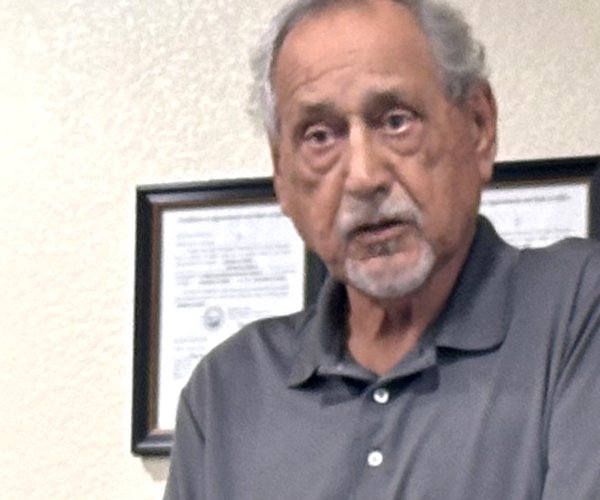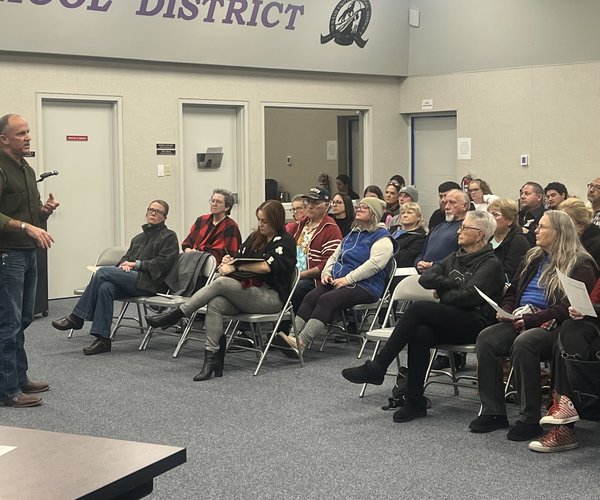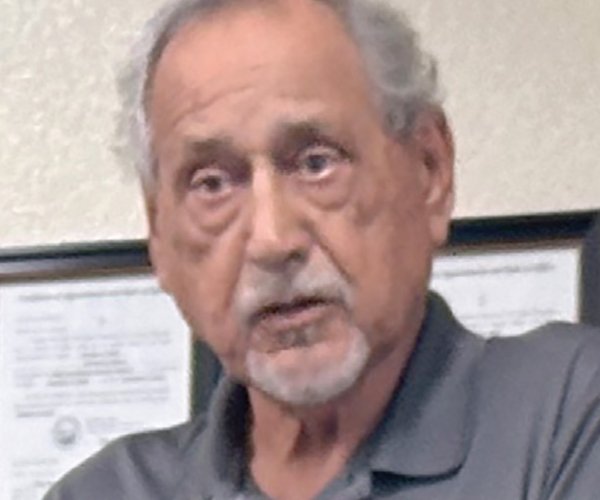Rep. Tom McClintock (R-El Dorado Hills) and other Republican members of California’s congressional delegation sent a letter to President Joe Biden on Friday, asking him not to establish the proposed Range of Light National Monument, which would redesignate more than 1.4 million acres of federal land.
In 2022, California representative Jackie Speier introduced the Range of Light National Monument Act, but it didn't gain enough traction to pass. The Range of Light National Monument would create new protections for lands in Mariposa, Madera and Fresno counties that include Yosemite, Sequoia and Kings Canyon national parks. It would prohibit the commercial cutting, sale, or harvest of timber and other vegetative material and the Department of the Interior would manage the public lands.
McClintock’s 5th Congressional District includes all three of these parks. In fact, his district includes at least parts of four national forests (Stanislaus, El Dorado, Sierra, Inyo) and two national parks (Yosemite, Kings Canyon).
The letter was co-signed by representatives Doug LaMalfa, Kevin Kiley, Vince Fong, David Valadao, Jay Obernolte, and Darrell Issa.
Proponents claim the monument would create more than 2,500 jobs and protect endangered species, while opponents say it would prohibit logging, hunting, and cattle grazing.
“Since the Range of Light National Monument’s inception, there has been strong opposition from various stakeholders around the area of the proposed monument,” the lawmakers’ letter stated. “These stakeholders recognize that the decreased access from the designation would be devastating for the local economy, and the increased environmental regulation from the designation would be counterproductive to prevent forest fires. This designation would be a gross government overreach, and due to the potentially devastating effects of the proposal, along with the strong opposition of local stakeholders, we call on you to not establish the proposed Range of Light National Monument."
The decision to establish a National Monument can be done through an Act of Congress — unlikely with the House and Senate currently under split party control — or by a presidential proclamation, which could be overturned by the next administration.
"The Supreme Court has long held that the power over public land is entrusted to Congress, but presidents have broadly interpreted the Antiquities Act (of 1906) and abused its original intent to expand both the size and justifications for national monument designations,” the letter stated. “Although the Antiquities Act gives the president the authority to establish national monuments on federal lands, it would be prudent to recognize the importance of congressional and local input before implementing a change that would greatly affect the local areas.”
Newly sworn Rep. Adam Gray (D-Merced), whose 13th Congressional District includes parts of Madera and Fresno counties, but none of the monument lands, was traveling back to the district from Washington on Friday and was unavailable for comment.





